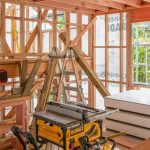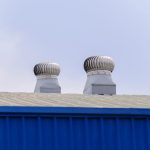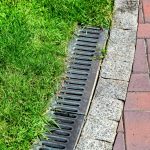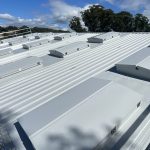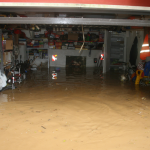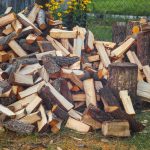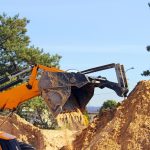Maintaining Your Rental Property – 8 Essential Tips for 2025
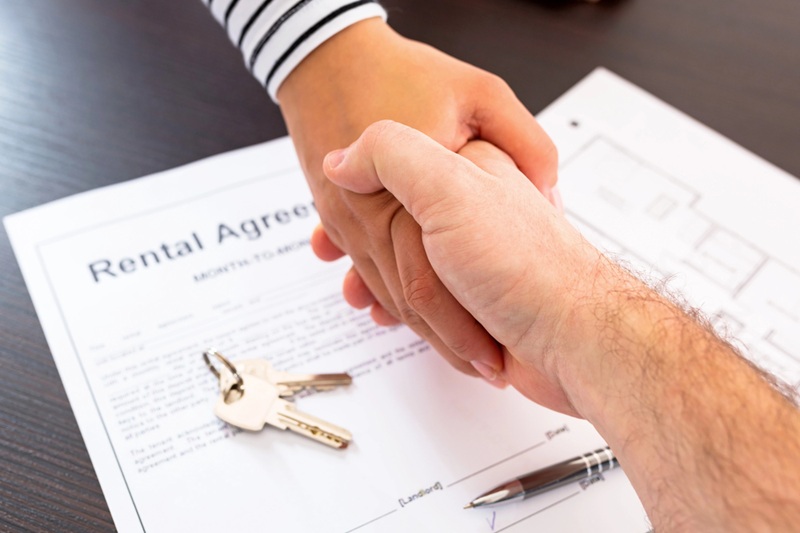
Owning a rental property isn’t just about collecting rent – it’s about preserving an asset that quietly appreciates while housing someone’s story. The condition of that property tells its own tale: the quality of the landlord, the reliability of the tenants, and the foresight of maintenance decisions made (or ignored). In 2025, with costs climbing, materials shifting in availability, and tenants more discerning than ever, maintaining your rental isn’t optional – it’s strategic.
Below are eight essential, forward-looking tips that every property owner should carry into the year ahead. Some are practical. Some border on philosophical. All are necessary.
-
Preventive maintenance is no longer optional – it’s predictive.
There was a time when you’d wait for the tap to drip, the wall to stain, the hinge to squeal. Those days are gone. Predictive maintenance, powered by simple data and scheduling tools, is rewriting how landlords manage their assets. Log every inspection. Track appliance age. Keep a digital record of past repairs. The goal? Not to fix what’s broken – but to see the curve before the break.
And yes, predictive doesn’t mean expensive. A $10 moisture sensor beneath the kitchen sink could save thousands in water damage. A calendar reminder for smoke alarm batteries could prevent a fire inspection nightmare. The smartest landlords of 2025 aren’t the wealthiest – they’re the most proactive.
-
Treat tenants like long-term partners, not short-term payers.
A reliable tenant is worth more than any marginal rent increase. If they pay on time, report issues early, and respect the property – hold on to them. Show appreciation. A small thank-you note, a quick text to confirm their comfort during a heatwave – these gestures breed loyalty.
Because here’s the unspoken truth: turnover is expensive. Cleaning, advertising, agent fees, vacancy days – it all bleeds profit. Treating tenants well isn’t kindness. It’s cost-control disguised as good manners.
-
Schedule seasonal inspections like clockwork.
Autumn gutters, spring leaks, summer air-con checks. Each season carries its own threats, and ignoring them compounds costs faster than you think. Create an inspection rhythm: four concise visual sweeps a year.
Don’t just look – listen. That faint rattle in the wall cavity? Could be a loose pipe. The odd smell under the deck? Maybe pest ingress. You don’t need a full-blown building report every quarter – just eyes open, notes taken, issues logged. The best landlords think like caretakers, not accountants.
-
Don’t ignore the tech quietly changing property care
From digital lockboxes to smart thermostats and maintenance apps that sync repair logs automatically, technology in 2025 is quietly removing friction from property management — empowering property managers to operate more efficiently and deliver a seamless experience for tenants and owners alike.
Imagine tenants logging an issue through an app that timestamps the complaint, assigns a repair priority, and automatically notifies your preferred tradesperson. That’s not futuristic – that’s standard now.
But don’t fall into the trap of adding tech for tech’s sake. The rule is simple: if it saves time, reduces cost, or adds traceability – it’s worth it. If it adds flash without function, skip it.
-
Budget maintenance like a business expense
Here’s where many landlords stumble. They view maintenance as something reactive – a hit to profits instead of part of the operating cost. The smart ones build a maintenance fund, treating it as a line item, not a surprise.
Set aside roughly 10% of the annual rental income as a buffer. Roofs fade. Hot water systems give up without warning. Paint peels faster than you expect. Having that fund means issues are addressed instantly – before they spiral into tenant frustration or property deterioration.
Think of it like insurance for reputation and resale value.
-
Keep documentation airtight
The modern landlord is part archivist, part detective. Documentation is your armour. Store everything digitally – before and after photos of maintenance, receipts from every repair, even screenshots of tenant communications.
Why? Because disputes happen. And in 2025, with new tenancy laws tightening around maintenance responsibilities and notice periods, clarity will save you. Paper trails aren’t bureaucracy – they’re shields.
-
Focus on sustainability
Sustainability used to be a bonus; now it’s baked into property value. Tenants want homes that are energy-smart and low-impact. LED lighting, insulation upgrades, rainwater tanks, solar panels – these aren’t grand gestures; they’re market expectations.
The kicker? Government rebates still abound for eco-upgrades, and energy-efficient properties rent faster. They attract tenants who stay longer and treat the space with pride. Sustainable maintenance isn’t just environmental – it’s financial foresight.
-
Build a reliable trades network before you need it
When a pipe bursts at 11 pm or the tenant calls about a sparking outlet, panic isn’t an option. You need names, numbers, reliability. Build a small, loyal network of trades – plumber, electrician, handyman, cleaner – who know your property, respect your timelines, and show up when it matters.
Cheap contractors might save you dollars today, but they’ll cost you nights of sleep tomorrow. A reliable property management company understands that trust is the real currency, pay fairly, communicate clearly, and keep good tradespeople close, because like good tenants, they’re getting harder to find every year.
The Mindset Shift: Think like a steward, not a speculator
Maintenance isn’t glamorous. It’s not the reason you bought the property. But it is what determines whether that property appreciates gracefully or decays quietly. The difference between a landlord who “owns a rental” and one who “manages an investment” is discipline – the willingness to act before the problem announces itself.
In 2025, maintenance isn’t about paint, pipes, or pest control. It’s about perception. It’s about being known as the landlord who fixes things, communicates clearly, and provides a home rather than a unit. That reputation translates directly into fewer vacancies, better tenants, and higher long-term yields.
The era of passive investment is over. Tenants expect responsiveness. Regulators expect compliance. The property market expects longevity. The landlords who thrive are those who see maintenance not as cost – but as craftsmanship.
So check the gutters. Replace the seals. Log the service call.
Every act of maintenance is an act of preservation – of your property, your profit, and your reputation.







